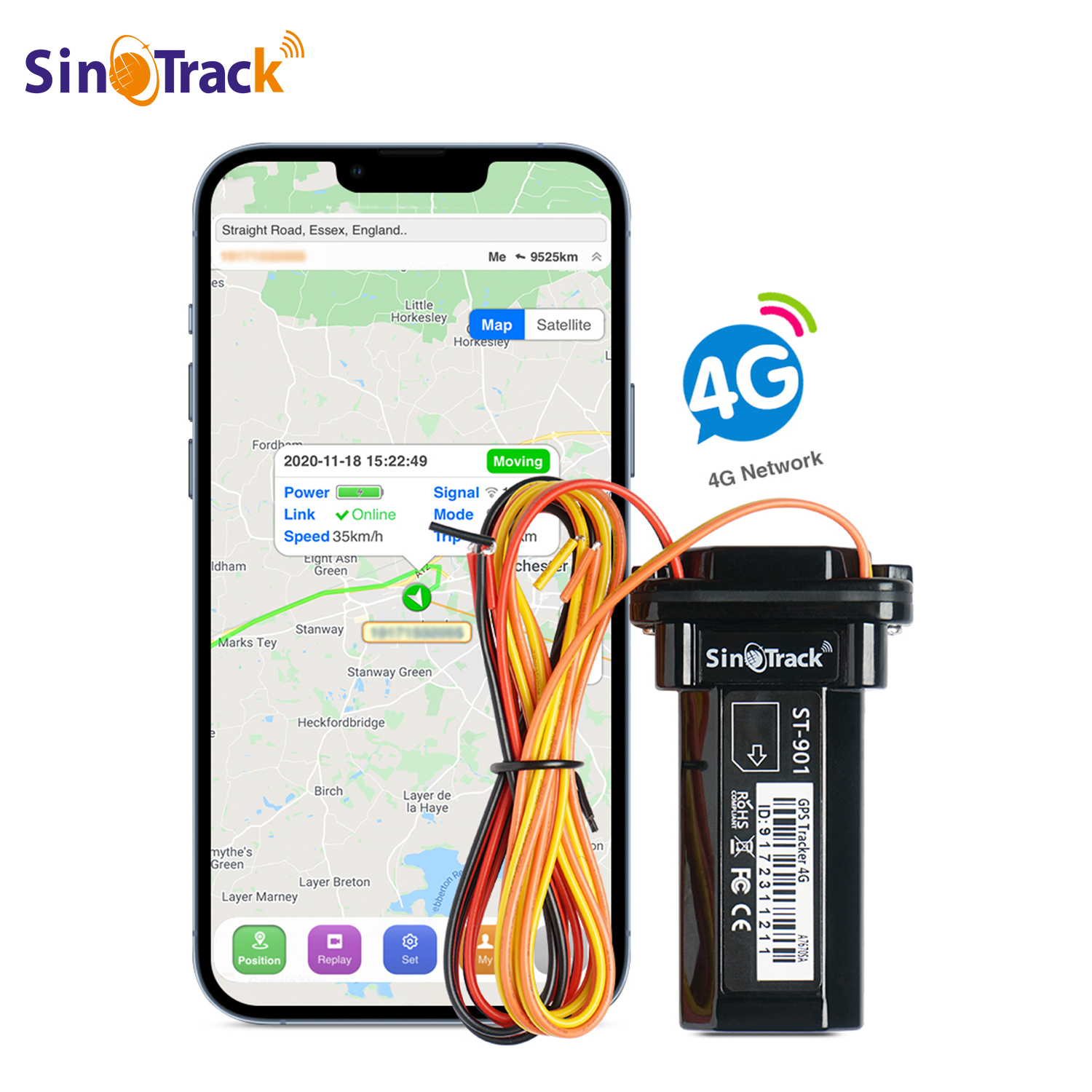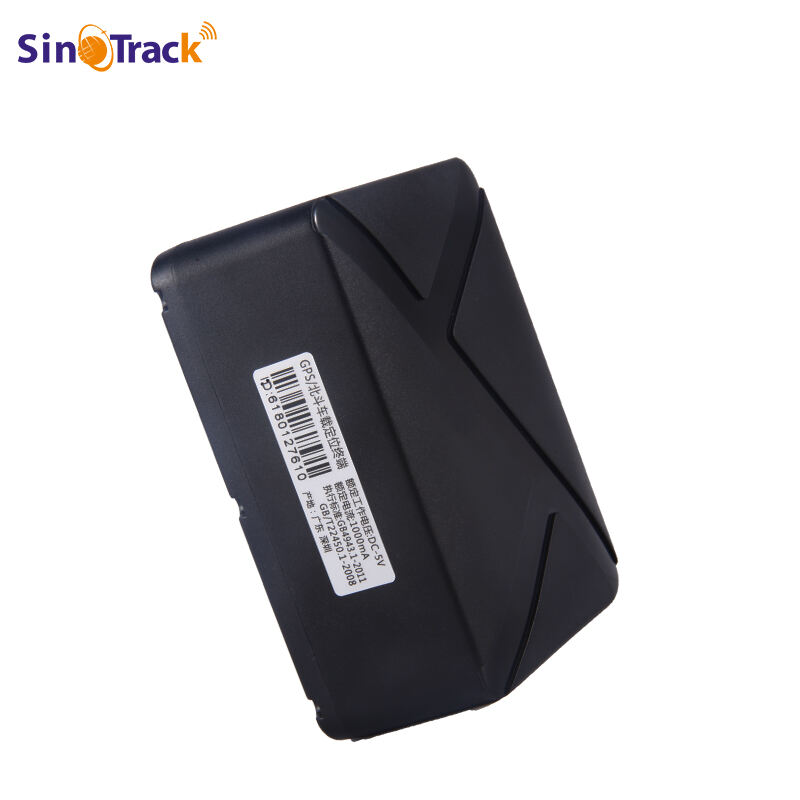Car GPS Trackers: Multiple Options for Every Need
Car GPS trackers have become essential tools for drivers, offering peace of mind, security, and control over vehicle usage. With a wide range of options available, there’s a car GPS tracker to fit every need—whether you’re monitoring a teen driver, securing a fleet of vehicles, tracking a family car, or recovering a stolen vehicle. From simple plug-in devices to advanced systems with real-time alerts and health monitoring, car GPS trackers provide versatile solutions tailored to different lifestyles and requirements. This guide explores the multiple options available, their key features, and how to choose the right one for your specific needs.
What Are Car GPS Trackers?
Car GPS trackers are electronic devices that use global positioning system (GPS) technology to track a vehicle’s location, movement, and performance. They connect to satellites to determine precise coordinates, which are then transmitted to a mobile app, website, or control panel for real-time monitoring or historical review. Modern car GPS trackers often include additional features like speed alerts, geofencing (virtual boundaries), driver behavior tracking, and even vehicle health updates. They come in various forms, from easy-to-install plug-in devices to hardwired systems and battery-powered units, making them adaptable to different vehicles and user needs.
Types of Car GPS Trackers for Different Needs
Plug-In OBD-II Trackers
Plug-in OBD-II trackers are among the most popular options, designed to connect directly to a vehicle’s OBD-II port (usually located under the dashboard). These trackers are easy to install—simply plug them in, and they’re ready to use.
- Best For: Families monitoring teen drivers, individual car owners, or those who want a hassle-free setup.
- Key Features: Real-time location tracking, speed alerts, geofencing, and basic driver behavior reports (like harsh braking). Many also sync with mobile apps for easy access to data.
- Examples: Models like Bouncie or LandAirSea 54 fall into this category. They offer affordable subscription plans and are compatible with most vehicles made after 1996 (which have OBD-II ports).
- Pros: No professional installation needed, portable (can be moved between vehicles), and often include vehicle diagnostic data (like battery health or engine alerts).
- Cons: Relies on the vehicle’s power, so tracking stops if the car battery dies. May not be as discreet as other options.
Hardwired Trackers
Hardwired car GPS trackers are installed directly into the vehicle’s electrical system by a professional. They’re designed for long-term use and are more discreet than plug-in models.
- Best For: Fleet management, high-security needs, or vehicles where discretion is important (like preventing theft).
- Key Features: 24/7 tracking, tamper alerts (if someone tries to remove the device), long-term data storage, and advanced reporting (like idle time or fuel usage).
- Examples: Brands like Cal-Amp or Verizon Connect offer hardwired options. They’re popular with businesses managing delivery trucks or company cars.
- Pros: Reliable power source (connected to the vehicle’s battery), hard to detect, and often include anti-theft features like remote engine disable.
- Cons: Requires professional installation (adding upfront costs) and can’t be easily moved between vehicles.
Battery-Powered Trackers
Battery-powered car GPS trackers are portable, wireless devices that can be placed anywhere in the vehicle—under seats, in glove compartments, or hidden in cargo areas. They run on rechargeable or replaceable batteries.
- Best For: Temporary tracking (like monitoring a borrowed car), hidden security, or vehicles without OBD-II ports (older models).
- Key Features: Real-time tracking, long battery life (from days to months, depending on usage), and geofencing. Some are waterproof for outdoor use.
- Examples: The Spytec GL300 or Tracki are well-known battery-powered trackers. They’re small enough to hide and offer flexible placement.
- Pros: No installation required, highly portable, and ideal for discreet tracking. Works even if the vehicle’s battery is disconnected.
- Cons: Battery needs recharging or replacement, and frequent tracking updates can drain the battery faster. Subscription fees may apply for data transmission.

Smart Trackers (Using App Ecosystems)
Smart trackers, like Apple AirTags or Samsung SmartTags, use existing device networks to track vehicles indirectly. They’re not traditional GPS trackers but work well for basic location monitoring.
- Best For: Casual users, Apple or Samsung ecosystem users, or those needing a budget-friendly option for simple tracking.
- Key Features: Basic location tracking via a smartphone app, long battery life (up to a year for AirTags), and low cost.
- Examples: Apple AirTags use the “Find My” network, while Samsung SmartTags connect to Galaxy devices. They’re small enough to place in a car without being noticed.
- Pros: Affordable (no subscription fees for basic use), easy to set up, and integrate with existing phone apps.
- Cons: Limited features—no speed alerts, geofencing, or driver reports. Accuracy depends on nearby devices in their network.
Advanced Fleet Trackers
Advanced fleet trackers are designed for businesses managing multiple vehicles, offering comprehensive tools to optimize operations.
- Best For: Delivery companies, taxi services, or any business with a fleet of vehicles.
- Key Features: Real-time fleet visibility, route optimization, driver performance scoring, maintenance alerts, and fuel usage tracking. They often include dashcams for safety monitoring.
- Examples: Brands like Samsara or Geotab specialize in fleet trackers. They provide detailed analytics dashboards for managers.
- Pros: Streamlines fleet management, reduces costs (via better routes and fuel efficiency), and improves driver safety.
- Cons: Higher upfront and subscription costs, complex setup, and overkill for individual users.
Key Features to Consider When Choosing Car GPS Trackers
Real-Time Tracking
Most car GPS trackers offer real-time updates, but the frequency varies. Some update every 10–30 seconds, while others update every few minutes. For high-security needs or monitoring teen drivers, choose a tracker with frequent real-time updates.
Geofencing
Geofencing allows you to set virtual boundaries (like home, school, or work). The tracker sends an alert if the vehicle enters or leaves these areas. This is useful for ensuring teens stay within safe zones or for tracking fleet vehicles’ assigned routes.
Driver Behavior Monitoring
Features like speed alerts, harsh braking detection, and idle time tracking help monitor driving habits. This is valuable for parents teaching safe driving or businesses improving driver accountability.
Battery Life
For battery-powered trackers, battery life is critical. Look for models with long standby times (weeks or months) if you don’t want to recharge frequently. Plug-in and hardwired trackers have unlimited power but rely on the vehicle’s battery.
Subscription Costs
Most car GPS trackers require monthly or annual subscriptions for data transmission and app access. Costs range from $10 to $50 per month, depending on features. Basic trackers may have lower fees, while advanced fleet systems cost more.
Ease of Use
Choose a tracker with a user-friendly app or dashboard. Look for clear maps, easy alert setup, and simple navigation—especially if you’re not tech-savvy.
FAQ
Do car GPS trackers work in remote areas?
Yes, most car GPS trackers work in remote areas as long as they can connect to GPS satellites. However, real-time data transmission may be delayed in areas with poor cellular service. Battery-powered trackers using satellite networks (like Globalstar) work best in remote locations.
Can car GPS trackers be disabled by thieves?
It depends on the type. Battery-powered trackers can be removed if found, but hardwired trackers are harder to disable without professional knowledge. Some advanced trackers send tamper alerts if someone tries to remove them, and others include remote engine disable features.
Are car GPS trackers legal to use?
Yes, it’s legal to use a car GPS tracker if you own the vehicle or have permission from the owner. It’s illegal to track someone else’s vehicle without their consent, so always ensure you have proper authorization.
How accurate are car GPS trackers?
Most are accurate within 1–10 meters in open areas. Accuracy may decrease in dense cities, under trees, or in tunnels due to blocked satellite signals. Advanced trackers use additional technologies (like cellular or Wi-Fi) to improve accuracy.
Do car GPS trackers drain the vehicle’s battery?
Plug-in and hardwired trackers use minimal power, so they’re unlikely to drain the battery. However, leaving a plug-in tracker connected when the vehicle is unused for weeks may slightly reduce battery charge. Battery-powered trackers don’t affect the vehicle’s battery at all.

